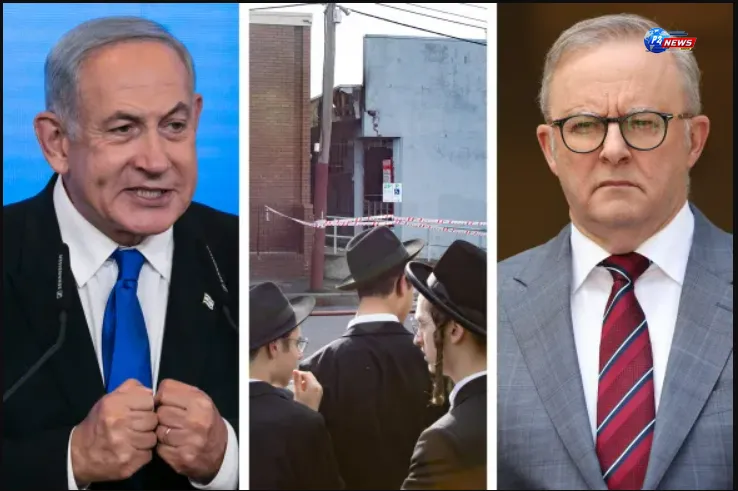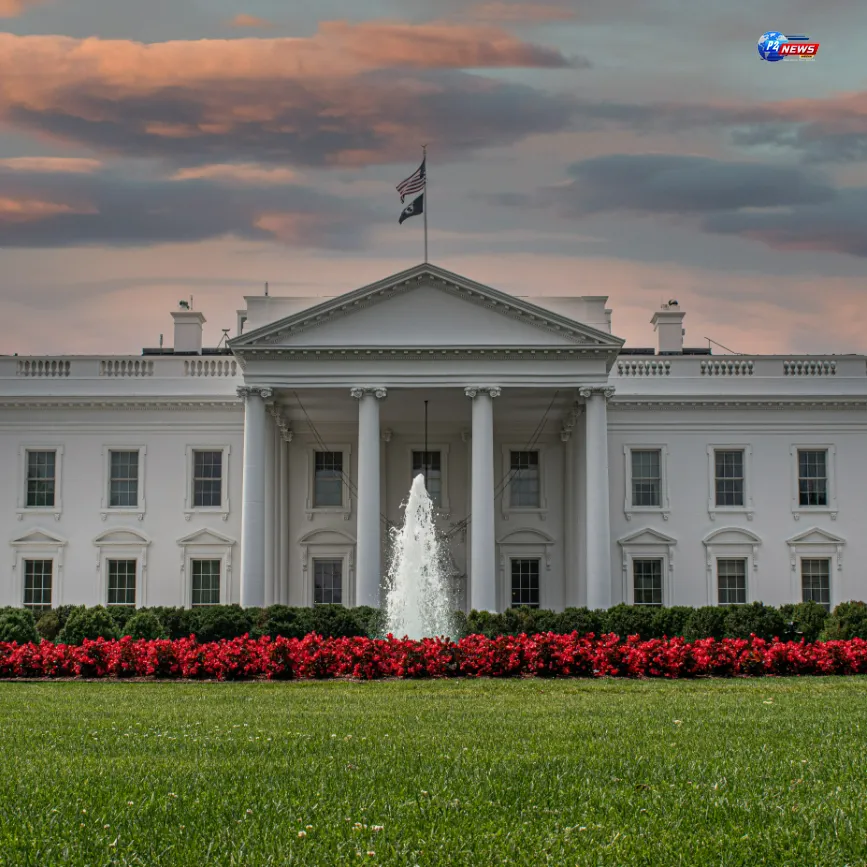In a recent statement, Israeli Prime Minister Benjamin Netanyahu attributed the arson attack on a Melbourne synagogue to perceived "anti-Israel sentiment" from the Albanese government, highlighting a significant dip in diplomatic relations between Israel and Australia.
In a recent statement, Israeli Prime Minister Benjamin Netanyahu has attributed the arson attack on a synagogue in Melbourne to what he describes as the Albanese government's prevailing "anti-Israel sentiment." This assertion has emerged as the diplomatic relationship between Australia and Israel has reached a particularly tense juncture.
Netanyahu expressed his dismay via social media, labeling the incident a "despicable, antisemitic act." He pointed to Australia's recent decision to support a United Nations General Assembly resolution that called for Israel's withdrawal from the West Bank and Gaza Strip. This vote, along with the government's refusal to issue a visa to a former Israeli minister, has drawn Netanyahu’s ire, illustrating the deepening rift between the two nations.
The incident at Melbourne's Adass Israel synagogue occurred on a Friday when worshippers were abruptly evacuated as the building was engulfed in flames. Prime Minister Anthony Albanese labeled the event as an “act of hate,” emphasizing the severe damage and the injury of at least one individual during the attack. Community leaders have reported that firebombs were hurled at the synagogue while congregants were inside.
The longstanding alliance between Australia and Israel has been strained significantly by the ongoing conflict in Gaza. Prominent Jewish organizations in Australia have expressed feelings of betrayal, criticizing the Albanese government for not being as supportive of Israel as previous administrations.
In his remarks, Netanyahu made a stark connection between the arson attack and what he perceives as the Labor government’s extreme anti-Israeli stance. He highlighted the repercussions of the UN resolution and the denial of the visa for former justice minister Ayelet Shaked, whose comments were deemed threatening to Australia’s social fabric. Netanyahu asserted that anti-Israel sentiment equates to antisemitism and called upon Australian authorities to take vigorous action against such incidents going forward.
Conversely, the mayor of the local jurisdiction housing the synagogue, Louise Crawford, disagreed with Netanyahu's assertions. She stated that various levels of government in Australia have been actively striving to alleviate tensions surrounding the Israel-Palestine issue and foster community harmony. Crawford expressed hope that this disturbing event would serve as a wake-up call for all parties involved to recognize their shared humanity.
The recent UN vote that drew Netanyahu's ire signifies a pivotal shift in Australia’s stance on the Israel-Palestine conflict, representing the first time in two decades that Australia has supported such measures. This political pivot coincided with diplomatic tensions, as Australia’s ambassador to Israel faced scrutiny from the Israeli Foreign Minister over the decision to deny Shaked entry into the country.
Australia’s historical support for Israel saw a notable shift, with its last vote for a UN resolution advocating for Israel's withdrawal from occupied territories occurring in 2001. Recently, Australia recognized Palestine's eligibility for full UN membership and endorsed a resolution affirming Palestinian sovereignty over resources in the contested regions.
On the day of the synagogue attack, Netanyahu's office had publicly criticized the Albanese government for what it perceives as a lack of support for Israel, even suggesting that Australia may no longer be viewed as a reliable ally for the Jewish state, particularly following the outbreak of conflict in the Middle East.
Netanyahu, embroiled in legal controversies as the first leader from the Western alliance to be accused of war crimes by the International Criminal Court, has also faced backlash from organizations like Amnesty International, which recently released a report accusing Israel of committing genocide in Gaza. Israel has firmly rejected these claims, labeling them as fabrications from a disreputable organization.
As the situation unfolds, Israeli President Isaac Herzog has reached out to Albanese, imploring him to take decisive action against rising antisemitism, as he condemned the increasing number of attacks targeting the Jewish community in Australia and beyond. Herzog’s comments resonate with broader concerns regarding the safety and security of Jewish communities globally, highlighting the urgent need for collective action against hate-driven incidents.
















Comments 0